‘Vietnamese economy is under recovery after the global economic recession, domestic enterprises have signed many export orders. However, exporters have faced many difficulties in production, owing to electric shortage’, moaned Le Hong Phoa, general director Binh Duong Garment one-member Limited Company. In addition, the present electric shortage has made exporters face risk of delivery tardiness, greatly impacting on export and turnover targets.
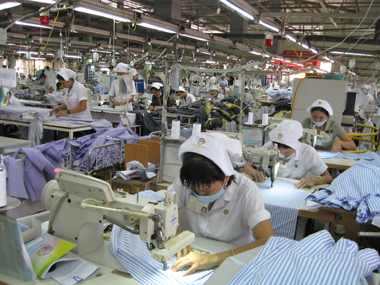
footwear production is in difficulty situation, owing to electric shortage
Risk of breaking orders
‘If electric shortage prolongs, risk of breaking orders is inevitable’, said Le Manh Hoach, vice general director of Thai Binh Shoe Group. Nguyen Huu Minh, head of Personnel Department of Pacific Shoe Plant said ‘We are using 3 generators but electric supply remains instable, impacting on productive progress. Generators mainly cater for machines’ operation whilst air condition system is under limited usage, making laborers tired’.
To ensure the progress of orders, Minh added, aside from using generators, enterprises must apply form of shift increase. However, shift increase has to surge electric capacity while power sector asks businesses to lessen energy usage. Minh explained, ‘the plant alone uses 8,400Kwh of power per day whilst power sector asks us to reduce at least 15% of electric usage. So, if we use electricity with more than 7,000kwh per day, the power sector will cut electricity supply more. We can not therefore apply shift increase form’.
Meanwhile, Le Hong Phoa said garment and textile companies often sign more services with other ones, power cut will surely increase risk of delivery tardiness. Small enterprises that cannot afford to equip generators will have to hire generators or compensate for delivery tardiness. These will surge costs and loose partners.
Acceptance of loss to ensure delivery on time
Facing the shortage of energy, many export enterprises must buy or hire generators so as to ensure delivery on time. This means they must accept loss to maintain orders.
At Thai Binh Shoe Group, Dang Ngoc Duy, head of Sole Plant’s Planning Department, said with an average consumption of 30,000kWh per day, we only spend VND28mil per day for electric fee but when we use generators, we must pay about VND40mil per day.
Another company is also in similar situation. Specifically, the company must hire 2 generators with a fee of VND18mil per day and spend more VND25mil to buy fuel. Most of members of Binh Duong Garment and Textile Association are forced to accept expense increase for production.
Difficulty of reaching export targets
Le Manh Hoach said that the present electric shortage will badly impact on businesses’ export plans. Le Hong Phoa, said his company targets to reach US$40mil in exports in 2010 but it only reaches over $10mil so far. ‘Obviously, if companies fail to reach targets, laborers’ life will surely be impacted on’, added Phoa.
As a chairman of the Binh Duong Garment and Textile Association, Phoa said that with 55 members, the association in 2010 targets to reach a 10% rise in export turnover from 2009, about $800mil. However, it is difficult to obtain this target, owing to electric shortage.
.Reported by T.Son – Translated by A.C








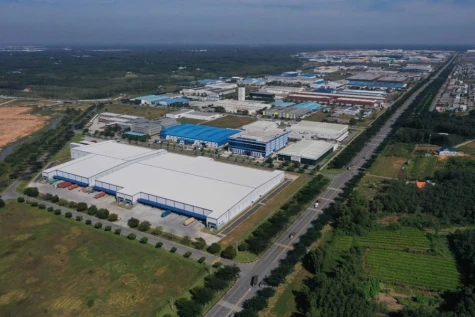

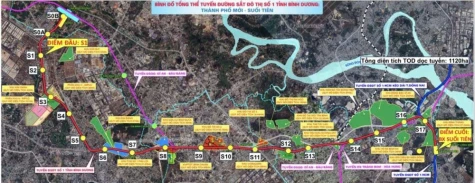
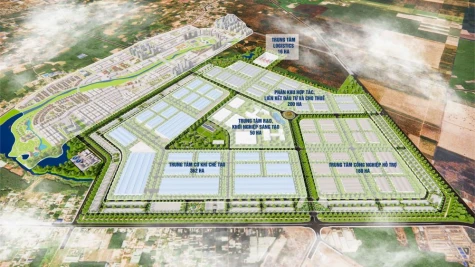





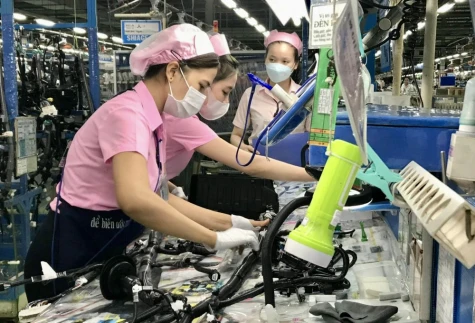
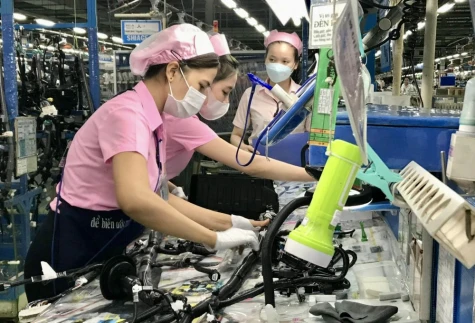
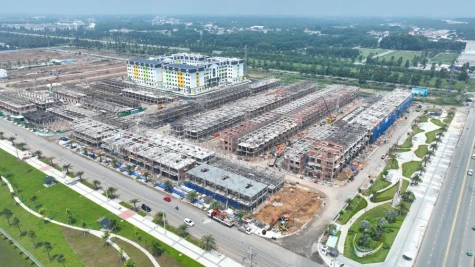







Xem thêm bình luận